Carbon steel pipes are made of steel ingots or solid round steel through perforation into rough tubes, and then hot rolled, cold rolled or cold drawn. Carbon steel pipes play an important role in the steel pipe industry. Carbon steel pipe materials are common materials in engineering construction. According to different needs and engineering environments, carbon steel pipes can be made of a variety of different materials. The materials of steel pipes mainly include the following: ordinary carbon steel, low alloy steel, high alloy steel, stainless steel, etc. The main implementation standards include Chinese national standards, American standards, Japanese standards, etc. Among them, the national standards include the standards of the Ministry of Chemical Industry, Sinopec pipe fittings standards, and power pipe fittings standards. Carbon steel pipes are a durable material made of carbon steel (a steel alloy composed of iron and carbon). Due to its high strength and strong pressure resistance, carbon steel pipes are used in various heavy industries such as infrastructure, ships, distillers and fertilizer equipment. Let's take a look at the uses of carbon steel pipes.
Uses of carbon steel pipes:
1. Pipes for mechanical industry. Such as aviation structural pipes (round pipes, oval pipes, flat oval pipes), automobile half-axle pipes, axle pipes, automobile tractor structural pipes, tractor oil cooler pipes,
square tubings and rectangular
tubings for agricultural machinery, transformer pipes and bearing pipes, etc.
2. Petroleum geological
drill pipes. Such as: petroleum drilling pipes, oil drill pipes (square drill pipes and hexagonal drill pipes), petroleum oil pipes,
drill collar , oil casings pipe and various pipe joints, geological drilling pipes (core pipes, casings, active drill pipes, drill braces, clamps and pup joints, etc.).
3. Chemical industry pipes. Such as: petroleum cracking pipes, chemical equipment heat exchangers and pipes for pipelines, stainless acid-resistant pipes, high-pressure pipes for fertilizers, and pipes for conveying chemical media, etc.
4. Pipes for pipelines. Such as:
seamless steel pipes for water, gas pipes, steam pipes, oil transmission pipes, and oil and gas trunk pipes. Agricultural irrigation water taps and sprinkler pipes, etc.
5. Pipes for thermal equipment. Such as boiling water pipes and superheated steam pipes for general boilers, superheated pipes, large smoke pipes, small smoke pipes, arched brick pipes and high-temperature and high-pressure
boiler pipes for locomotive boilers.
6. Pipes for other departments. Such as: container pipes (pipes for high-pressure gas cylinders and general container pipes), instrument pipes, watch case pipes, injection needles and medical equipment pipes, etc.
What are the applications of carbon steel pipes in different fields?
1. Construction engineering: Carbon steel pipes are widely used in structural support, drainage pipes, HVAC systems and other aspects in construction engineering. Its strength and durability make it one of the preferred pipes in the construction field.
2. Oil and gas industry: Carbon steel pipes are used in the oil and gas industry to transport oil, gas, water and other fluids. Its pressure resistance and corrosion resistance make it the most common pipeline material in these industries.
3. Automobile manufacturing industry: Carbon steel pipes are widely used in the automobile manufacturing industry in body structures, exhaust systems, chassis and other parts. Carbon steel pipes have good toughness and fatigue resistance, and can meet various mechanical requirements when the car is driving.
4. Machinery manufacturing industry: Carbon steel pipes are used in the machinery manufacturing industry to make various parts and mechanical equipment. Carbon steel pipes have good processing performance and can meet the needs of different shapes and specifications.
5. Other fields: Carbon steel pipes are also widely used in aerospace, electric power, chemical industry, metallurgy and other fields to make pipelines, containers, brackets, etc.
Classification of carbon steel
1. According to the mass percentage of carbon content in steel:
Low carbon steel (C: <0.25%), also known as soft steel, is easy to accept various processing such as forging, welding and cutting. Commonly used in the manufacture of chains, rivets, bolts, shafts, etc.
Medium carbon steel (0.25%
High carbon steel (C:>0.6%) is often used as tool steel, with a carbon content ranging from greater than 0.60 to 1.70%, and can be quenched and tempered. The higher the carbon content, the greater the hardness and strength, but the plasticity decreases. (In addition, iron-carbon alloys with a carbon content of 2.1% to 4.5% are generally called cast iron.)
2. According to the content of impurity elements in steel (mainly the content of impurities sulfur and phosphorus): ordinary carbon steel, high-quality carbon steel, and high-quality carbon steel.
3. According to the use of steel products:
Carbon structural steel: mainly used for bridges, ships, building components, machine parts, etc.
Grades and uses of carbon steel pipes
1. Ordinary carbon structural steel: Carbon structural steel is divided into 5 grades according to the yield strength of steel: Q195, Q215, Q235, Q255, Q275. Each grade is divided into A, B, and D grades due to different quality. Q195, Q215, and Q235 have good plasticity and can be rolled into steel plates, steel bars, steel pipes, etc.; Q255 and Q275 can be rolled into profiled steel, steel plates, etc. C.
2. High-quality carbon structural steel: The steel grade is expressed in thousandths of the average mass of the carbon content. Such as 20#, 45#, etc. Uses: Mainly used to manufacture various machine parts.
3. Carbon tool steel: The steel grade is expressed in thousandths of the average mass of the carbon content, and is prefixed with T. Such as T9, T12, etc. Uses: Mainly used to manufacture various knives, molds, measuring tools, etc.
4. Cast steel: The cast steel grade is prefixed with ZG before the number. Uses: Mainly used to manufacture parts with complex shapes that require certain strength, plasticity and toughness, such as gears, couplings, etc.
The above is an introduction to the uses and classification of some carbon steel pipes. Baowi-Steel provides various types of
carbon steel pipes. Baowi-Steel also has a rich inventory of steel products, from standard steel to special customized products, to meet the needs of your various engineering projects. Welcome customers and friends to come to consult, our professional team is always ready to provide you with the best products and services. Choose
Baowi-Steel, choose excellence and reliability!








 English
English Español
Español بالعربية
بالعربية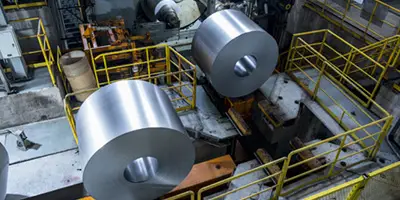
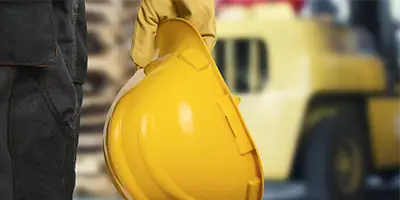
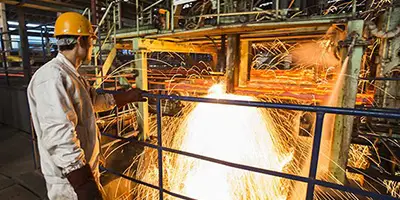
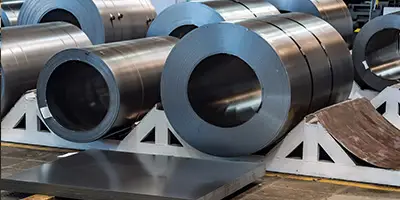

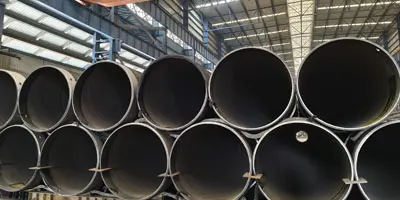
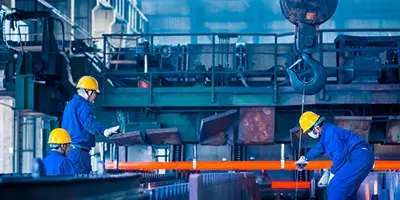
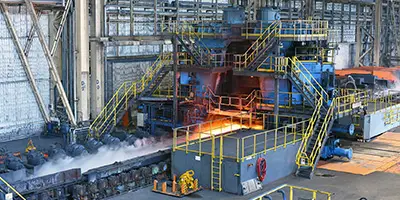
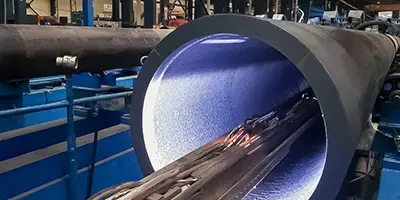
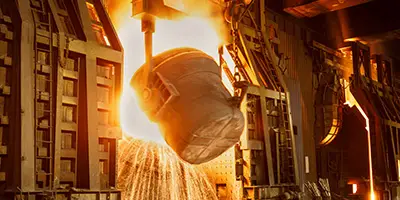
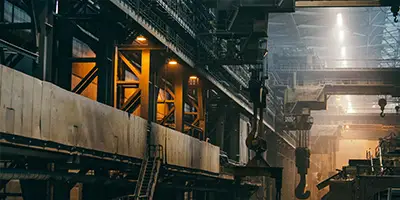
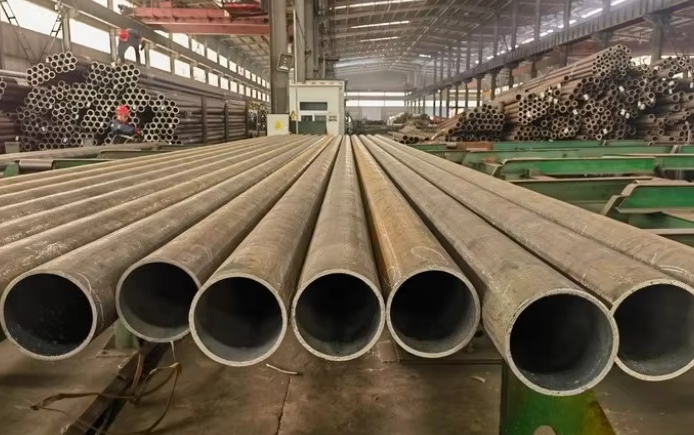
 Phone :
Phone :  Whatsapp :
Whatsapp :  Email :
Email : 


